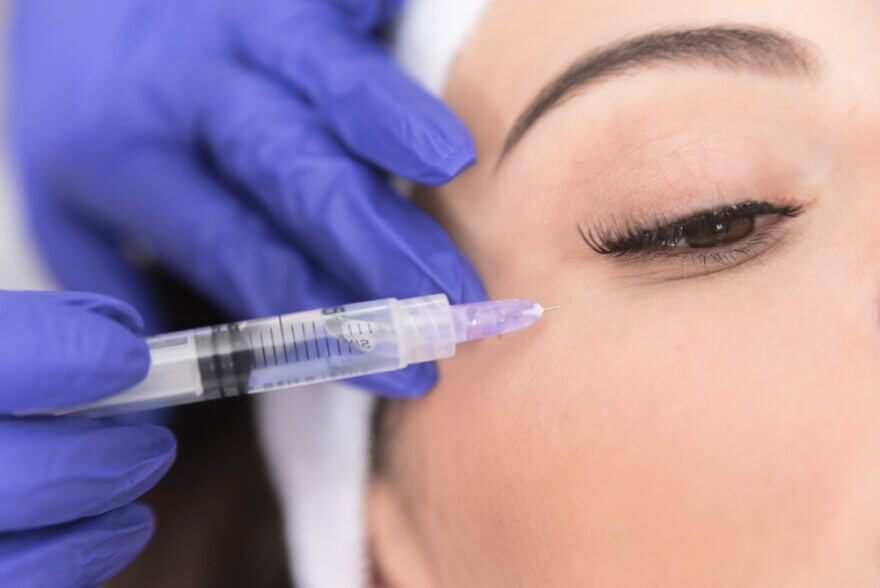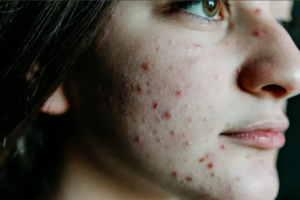Read Full Article HereNorth Texas Dermatologist says COVID-19 Vaccine Fears Shouldn’t Keep You Away from Dermal Fillers
A recent study highlighted some patients who had an adverse reaction to their injection after having already received a COVID-19 vaccine.
Dr. Jennifer Holman of U.S. Dermatology Partners in Tyler explained to KERA’s Sam Baker why there’s little, if any, need for worry.
INTERVIEW HIGHLIGHTS:
About the study:
In the Moderna clinical trials with the vaccine, three patients out of over 15,000 had what’s it called a delayed inflammatory response with hyaluronic acid fillers – things like Juvederm, Restylane. Those are the common ones that people may know. Fillers are actually for places where you’ve lost volume, so people put fillers in their cheeks or their temples or their lips.
Why does this kind of reaction happen?
It’s actually not specific to the COVID vaccine. It’s been reported to any kind of flu-like illness and to other vaccines as well. These delayed inflammatory responses are something we’ve known about for quite a while, and in some papers, it’s as high as four percent of folks after filler have these delayed inflammatory responses. And so a lot of times it’s people with other autoimmune conditions. But certainly, this is not a new phenomenon. We’ve seen those two viruses and other triggers over the years.
But what is there about the filler that causes this kind of reaction period?
There’s a lot of hypotheses out there about that. Some of it is that the filler that’s in your skin acts as a foreign body. And as your immune system is responding to other vaccinations or to viruses, it also recognizes this foreign body and has a reaction there as well, typically manifested as mild swelling that goes away on its own.
So we’re talking a mild reaction, then nothing severe?
No, not at all. There are some delayed onset nodules that have been a bit more persistent that have been reported with other types of reactions. But specifically with these vaccines, the majority of what we’ve seen is mild swelling that self-resolves in 24 to 48 hours. I’ve had three patients who’ve experienced it.
And when that happens, what should you do for treating it?
Take something that’s anti-inflammatory. Tylenol or ibuprofen is typically what we’ve recommended. There are some reports out there where folks have used systemic steroids as well, but certainly, that’s not anything that I’ve had to do.
If you’ve had the fillers, is it OK to still get the COVID vaccine or should you stay away from it?
You should get the vaccine.
The recommendations from the American Society of Dermatologic Surgery, and certainly the recommendations that I give my patients as well, are that having fillers should not preclude or deter you from getting your vaccination or the booster and vice versa. If you’ve had your vaccination or the booster, there’s really no recommendation around not receiving filler, either, if that’s something you’d like to do.
North Texas Dermatologist says COVID-19 Vaccine Fears Shouldn’t Keep You Away from Dermal Fillers
January 18, 2022








